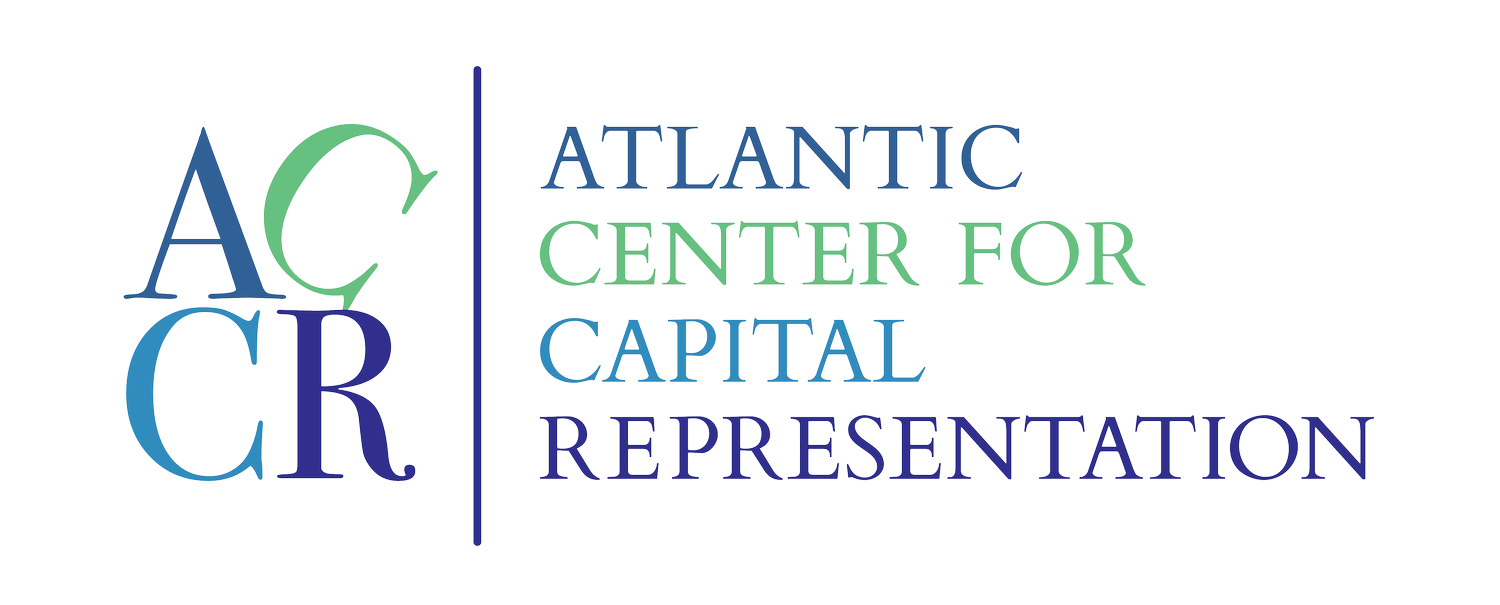What is Not the Answer
June 2nd, 2020
These are our days of The Troubles. Let’s not go as far as to say this was predestined, but surely there were portents of distress and turmoil in our world. The most deceitful and corrupt and nasty administration we have ever lived through has also been the most divisive, so it was at least predictable that when hard times came, our country would be ill-equipped to move forward. Now, when we find ourselves in the midst of a pandemic not seen in a century and unemployment bordering on Depression era numbers, we are confronted by the most shocking of a long series of outrageous videos, this one documenting the murder of a black man in full view of the public and the police force.
When prosecutorial misconduct is detected, prosecutors love to point out that the system actually worked, in that the misconduct was uncovered. Of course, they know as well as anyone that the overwhelming percentage of misconduct is never detected at all. In the same way, it should be obvious to all that the horrors of these videotaped crimes capture only a tiny amount of the true magnitude of violence perpetrated by law enforcement against poor communities of color.
We will leave it to others to analyze more thoroughly and write more elegantly about the range of emotions that inevitably bubble to the surface when long-documented behavior finally finds its way onto a video that cannot be denied by even the most rabid supporter of law enforcement. Certainly we can understand why some of us are infuriated when provoked by such incendiary violence.
What was in Philonese Floyd’s mind when he called for the death penalty for the police officer who murdered his brother? It is impossible for us to know, and it would be improper for us to speculate. Victims of violent crime must live in their own private hell of fury and sorrow and loss, and each reacts in his or her own way, sometimes in anger and other times with forgiveness and often with both emotions and many more. The pain they feel is not ours to judge, and never will be. It is for this very reason that public policy, in an ideal world, is not set by victims. When we fall short of this idyll, which is regrettably often, our constitution suffers the diminishment.
In this time of national rage and shame, it is understandable that we might find ourselves overwhelmed by anguish, and wishing for the intervention of a vengeful god. But it is important for us to remember that the death penalty is not a cure for crime, nor is it a salve for revenge; and that whatever retribution we might feel is called for in this case, such emotions will come back to haunt us in hundreds of other cases. Those cases, like the great majority of capital prosecutions, will focus the uniquely cruel and unusual injustice of the death penalty on indigent black and brown populations. Thus, the inevitable irony of being careful what we wish for.
It is not always easy to stay in touch with the better angels of our nature, especially when the reasons not to are right on our cell phones. But perhaps now, when it is hardest to do so, we should remain committed to the fundamental tenet that capital punishment is a violation of human rights.
